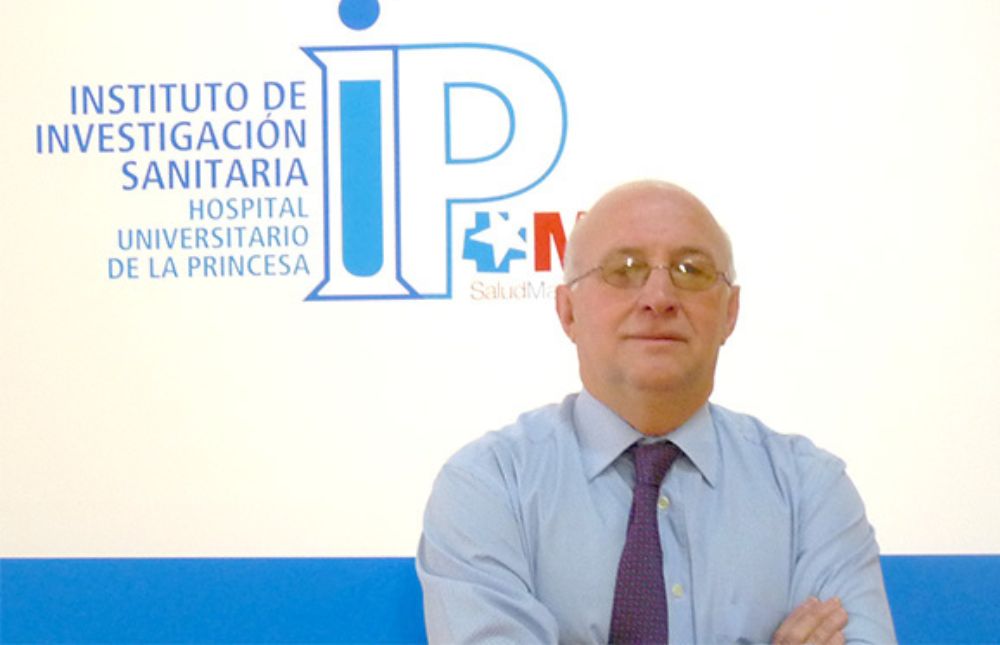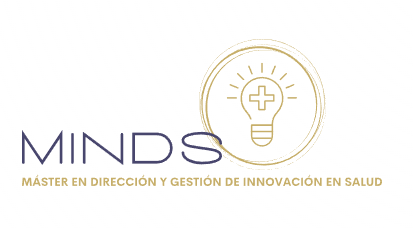Francisco Sánchez Madrid, member of IDIVAL’s External Council and Head of the Immunology Service of the Hospital Universitario de La Princesa has received the Robert Koch Award 2023. The immunologist and professor at Harvard University in Boston, Timothy Springer, has also been awarded this prize for their important joint research in Immunology.
Both were pioneers in discovering the relevance of cell adhesion molecules in immune cell function. This important finding has opened up new possibilities for the treatment of immune diseases using monoclonal antibodies.
The Robert Koch Prize is endowed with 120,000 euros, is considered one of the most important scientific prizes in Germany, and is awarded annually by the Robert Koch Foundation and the German Ministry of Health.
The Robert Koch Award ceremony will take place on November 17, 2023 in the city of Berlin. Francisco Sánchez Madrid and Timothy Springer will receive the award from the Nobel Laureate in Medicine, Professor Jules Hoffmann.
Alongside Professors Francisco Sánchez Madrid and Timothy Springer, Professor Patrice Courvalin, one of the world’s most renowned researchers in the field of antibiotic resistance, will receive the Robert Koch Gold Medal.
Francisco Sánchez Madrid
He is head of the Immunology Service of the Hospital Universitario de La Princesa, director of the Instituto de Investigación Sanitaria IIS Princesa, Professor of Immunology at the Universidad Autónoma de Madrid and member of the IDIVAL External Council that provides scientific advice to the Institute and is composed of people in the field of health sciences of recognized prestige in the scientific community. In addition, Professor Francisco Sánchez Madrid is also currently the director of the Intercellular Communication in the Inflammatory Response group at the National Center for Cardiovascular Research (CNIC).
Dr. Sánchez obtained his PhD from the Universidad Autónoma de Madrid in 1980. After his doctoral thesis, he moved to the Department of Pathology at Harvard Medical School in Boston, Massachusetts. It was then that, together with Professor Timothy Springer, they identified the integrins that control the adhesion and activation of leukocytes and thus made a decisive contribution to the development of therapies for inflammatory and autoimmune diseases, such as multiple sclerosis and Crohn’s disease.
Their subsequent research has made a decisive contribution to understanding the function of immune synapses, i.e. the structures by which immune cells communicate with each other or with other cells. This work is instrumental in unraveling the immune system and its role in the immune response in health and disease.






















